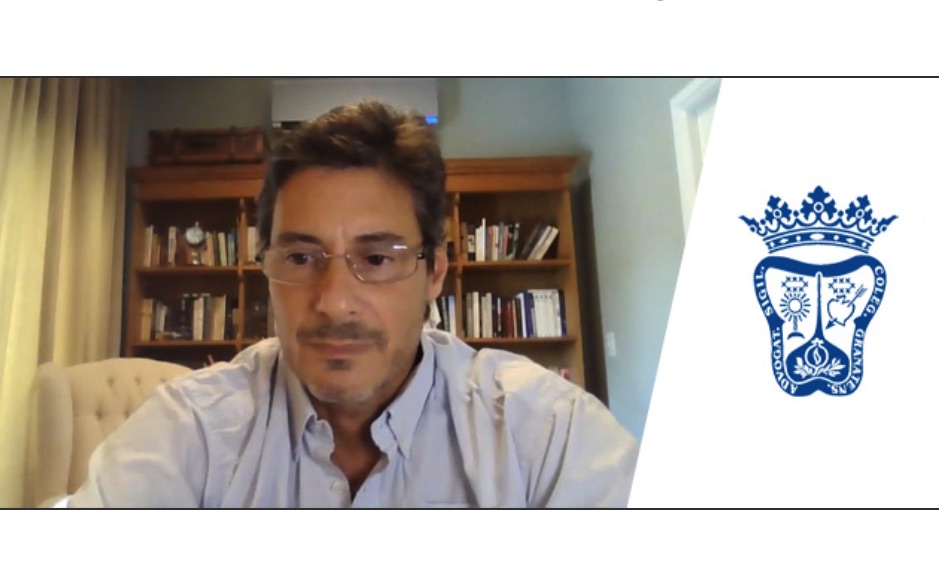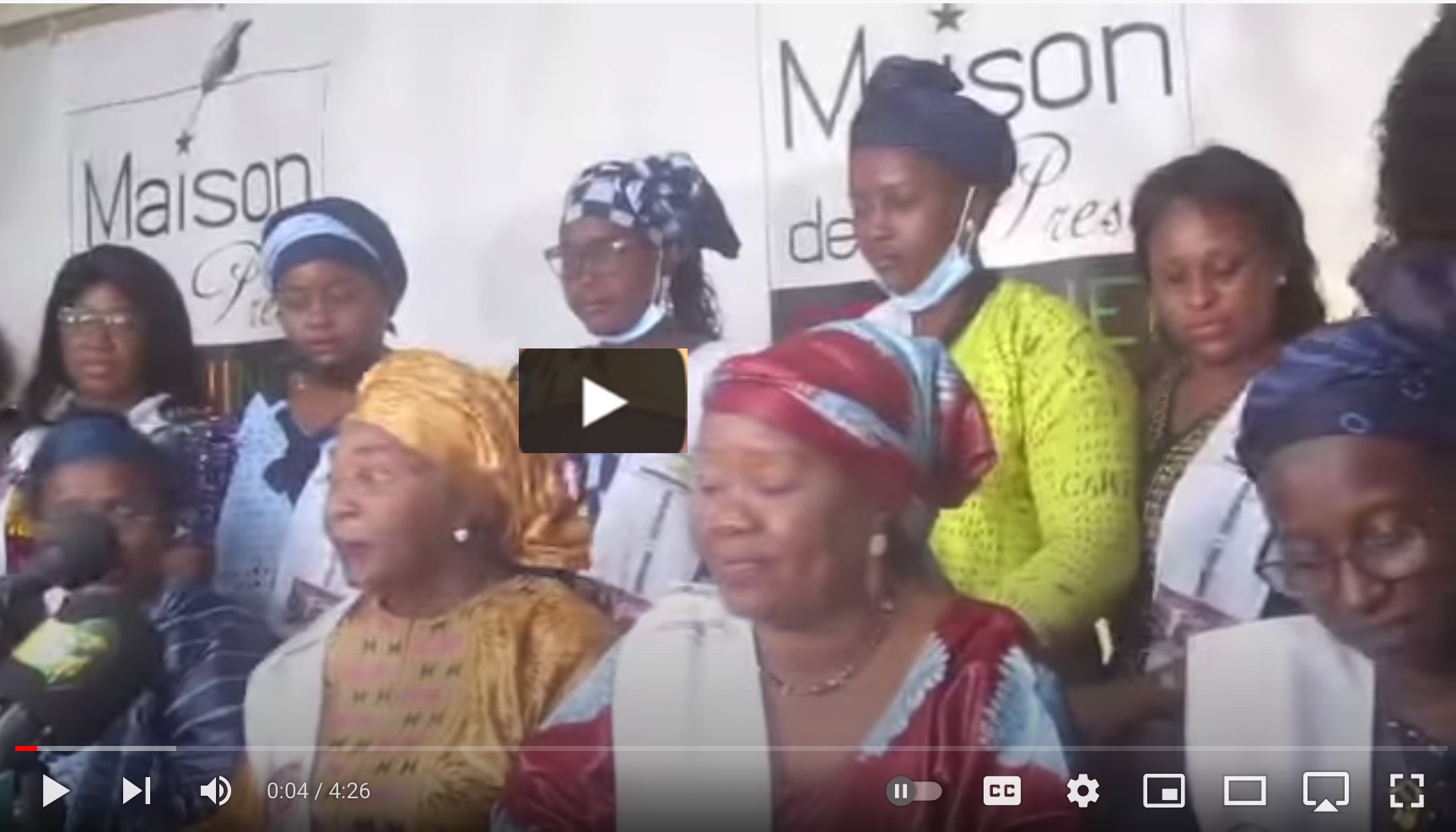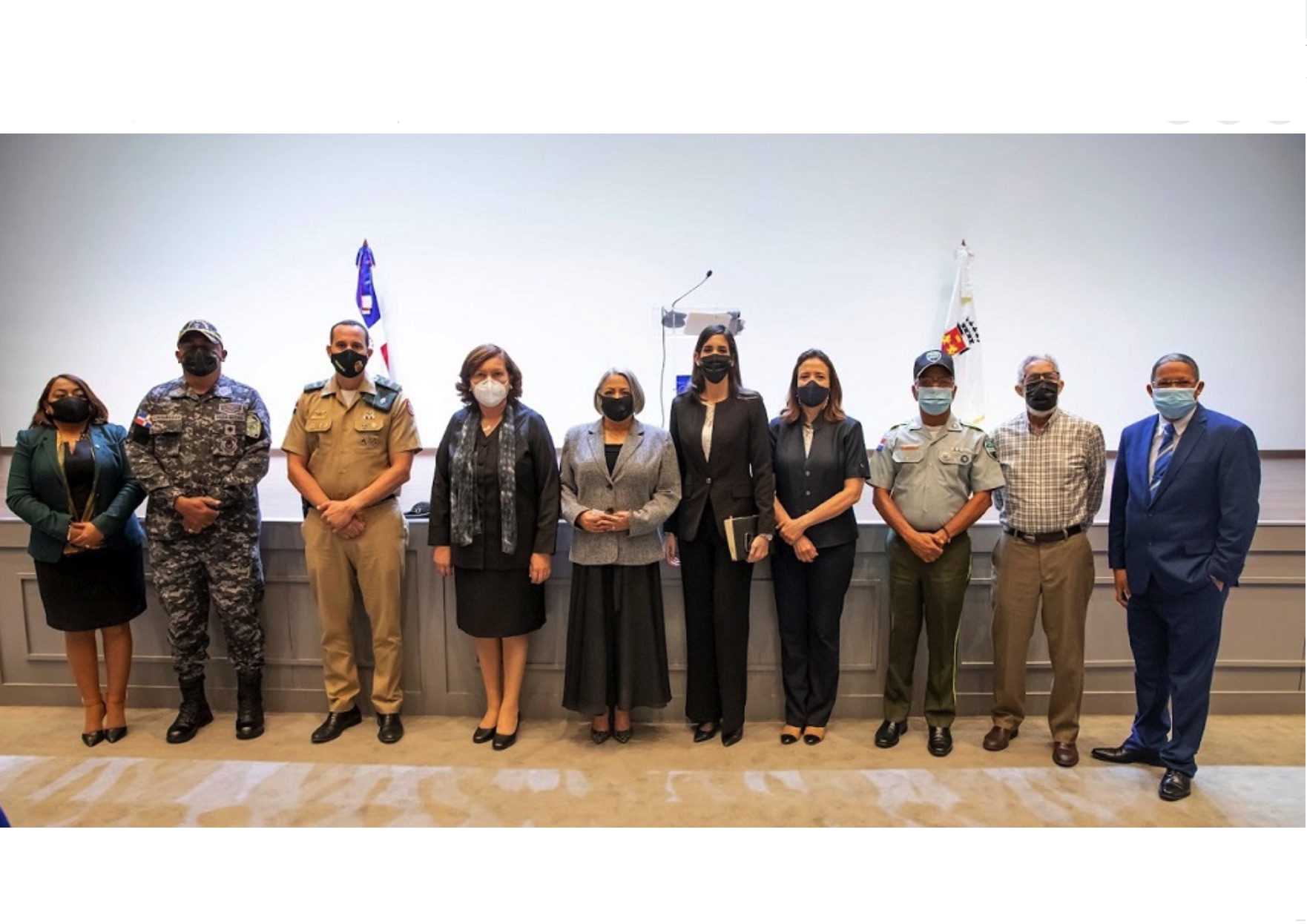… EDUCATION FOR PEACE …
Articles from the Government of Argentina and Colegio de Escribanos, Province of Buenos Aires (translation by CPNN)
On December 16, the National Directorate of Mediation and Participatory Methods of Conflict Resolution, held the “National Meeting of the Federal Network of Community Mediation Centers and Training in School Mediation”.
Participants were judiciary officials coming from national, provincial and municipal executive governments; Presidents of Associations and foundations; National and Provincial Universities, all being members of the Network of Community Mediation Centers .
It was an enriching meeting, where experiences and developments of public policies for the strengthening of the Network were shared.
For the year 2022, an agenda of successive regional meetings and an annual closing event for the month of September are projected.

The objective of the “Juan José Cinqualbrez” Institutional Mediation Center is to carry out voluntary mediation (Law 13951), to disseminate mediation, its principles and characteristics, to train mediators, to create the Centers in each of the Delegations of the Association of Notaries, to organize conferences, forums, conferences, workshops, courses, sign collaboration agreements with national and foreign entities.
Our vision is to promote active social participation in conflict management, which will allow the co-construction of peaceful coexistence, and our mission is to contribute through processes of consensus and dialogue to access to justice for all social components.
Who are the mediators?
People trained and trained in resources and techniques in the art of managing conflicts, and effective communication. Their functions are:
°Accompany the parties within the framework of a trustworthy space.
° Guide the process.
° Facilitate dialogue between the parties.
° Balance the differences.
° Promote active listening.
° Maintain a climate of respect.
° To not judge or decide for the parties.
Mediation as a tool for nonviolence and culture of peace
(Article continued from left column)
The Advantages are :
° It provides a trustworthy space for dialogue.
° It is a short and inexpensive procedure.
° The parties agree on the solution to their conflict cooperatively.
° It ensures the secrecy of what is manifested, helping to maintain bonds and to balance power.
The parties :
° They are the protagonists of the mediation process.
° They will go from being two parties in conflict to being two parties to the conflict.
° They can go to mediation by themselves or accompanied by their lawyers.
What is the mediation clause?
It is a provision suggested by the College of Notaries to be incorporated into all contracts and regulations in which the notary intervenes. It is about adding a legend where it is stipulated that “in the event that divergences or adversarial conflict situations arise between the parties to the contract (…), the grantors voluntarily agree to submit to the Voluntary Mediation procedure for its solution (Law 13951), through the intervention of the mediators of the ‘Institutional Center of Mediation of the Association of Notaries of the Province of Buenos Aires’ with headquarters at Avenida 13 No. 770 of the city of La Plata (or its Mediation Center of the Delegation… of said Institution, domiciled at…”
Where can this clause be inserted?
This clause may be, for example, in: sales tickets; lease contracts; loan contracts; constitution of mortgages; business partnership agreements; constitution of use; room, servitude; constitution of usufruct; constitution of civil companies; constitution of sports clubs; association statutes; statutes of neighborhood and development societies; constitution of foundations; horizontal property regulations; constitution and dissolution of condominiums, among others.
Mediation centers:
To find out about the Mediation Centers, click here.
Suggested clause
To access the suggested mediation clause, click here.








